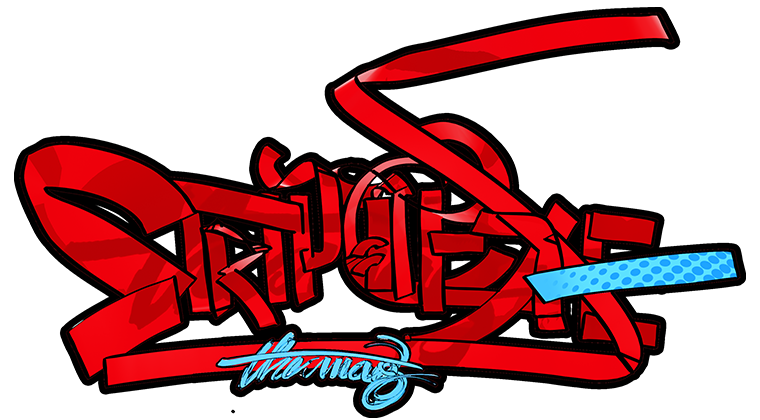IMITATION IS THE SINCEREST FORM OF FLATTERY: THE BOOK OF LOST SOULS
Mysterious, dark anthromorphic beings. Check. Smart-talking, wise-cracking animals. Check. A brooding, flawed hero with a tragic past. Check. Intriguing journeys tied up with the Story of Creation. Check. One might almost be forgiven for thinking that they are perusing that most epic of all graphic novels, Neil Gaiman’s Sandman. But J Michael Straczynski’s (JMS) The Book of Lost Souls is, admittedly, more than just merely derivative and imitative: there is a quality to this prematurely terminated series which keeps you lingering on for more.
The series follows Jonathan, a forlorn young man who attempts suicide in the 19th century after a series of unfortunate events, only to land up in the present and become entangled in a worldof mysteries beyond his comprehension. His second life involves characters such as Mystery, a rather unimaginatively named talking cat, and more importantly, The Dark Man, who bestows upon him the power to save the “Lost Souls”- those people who have given up on their lives and lost all sense of hope. Comprising of six issues, the series was concluded after poor sales, but like a lot of good things which show potential, has become something of a cult favourite in recent years. And like with most good things with potential, there have been talks of reviving it soon.
The premise itself is interesting, and rather intriguing, ableit a little clichéd for fans familiar with such works as Hellblazer and Sandman. JMS is a man known more for his work on superheroes, and this particular series seems to have been his attempt to break away from an established class of work and create his own oeuvre. Certainly, the series begins on a very promising note- there is a hint of beguiling adventures, as Jonathan sets off along with Mystery to save his first soul, a housewife named Mary who daydreams in order to escape the horrible domestic abuse she faces daily. The first two issues cover Mary’s story, blending fairy tales, social issues and some rather powerful dialogues: ‘All love is unrequited. Haven’t you heard?’ And the tone of amazing promises continues well into the second story, arguably the best arc in the series and my favourite one. Jonathan is called upon to help Lee, a homeless artist despairing of grief after her boyfriend dies of a drug overdose. Enabling her to come to terms with his death and setting her on the path to hope and renewed love is the setting for this story, and by extension, the whole series- a task that JMS manages to accomplish rather nicely, largely in part due to Colleen Doran, whose art was also central to Sandman(hence reinforcing the resemblance between the two).
It is with the third story arc that the plot somehow loses its steam and derails from the path of a truly breath-taking rendition. On paper at least, the plot seems the best of all the story arcs- Jonathan is required to save Quint, a mercenary hitman- whose lack of empathy and brutality forces him to disobey The Dark Man. Consequently, an enraged The Dark Man, a being as frightening as God or The Devil (he may be either of the two, it is never revealed), declares himself at war with Jonathan, for the rest of eternity. As a plotline, this has much to offer, but JMS seems to have taken on much more than he can handle with ease, as in the attempt to try something epic, the writing comes across as rather pretentious- too much seems forced, and there is not much in the way of connecting the dots to an overarching theme.
The fourth and final arc, which seems to end abruptly, redeems the series again, as an alternate history to the Story of Creation is given when Mystery narrates his tale to a young woman. We are also introduced to more new characters whose back stories simply beg to be told. Which is why it is rather disheartening to learn that the series was discontinued following poor marketing by Marvel, a fact that prompted JMS to tie-up for the series revival with Image Comics.
While highly lacking in originality when it comes to an overall foundation, there is much to recommend the series, most of which, to be honest, comes in the form of untapped potential, especially with the marvellous one-liners. As a result, it is a series I would explore with much curiosity if ever brought to fruition again, mainly considering the fact that JMS is rather renowned in the world of sci-fi and fantasy. I don’t know how consciously he was trying to emulate Gaiman while writing this series, but if imitation is the sincerest form of flattery, then I would recommend bringing forth more such works.

